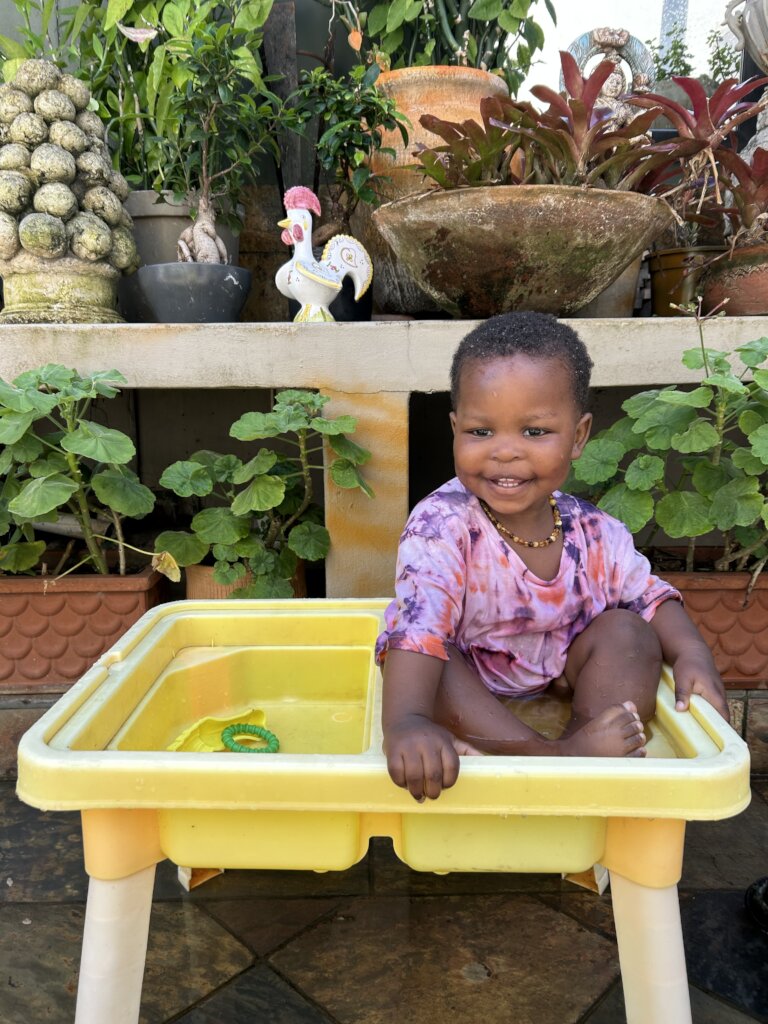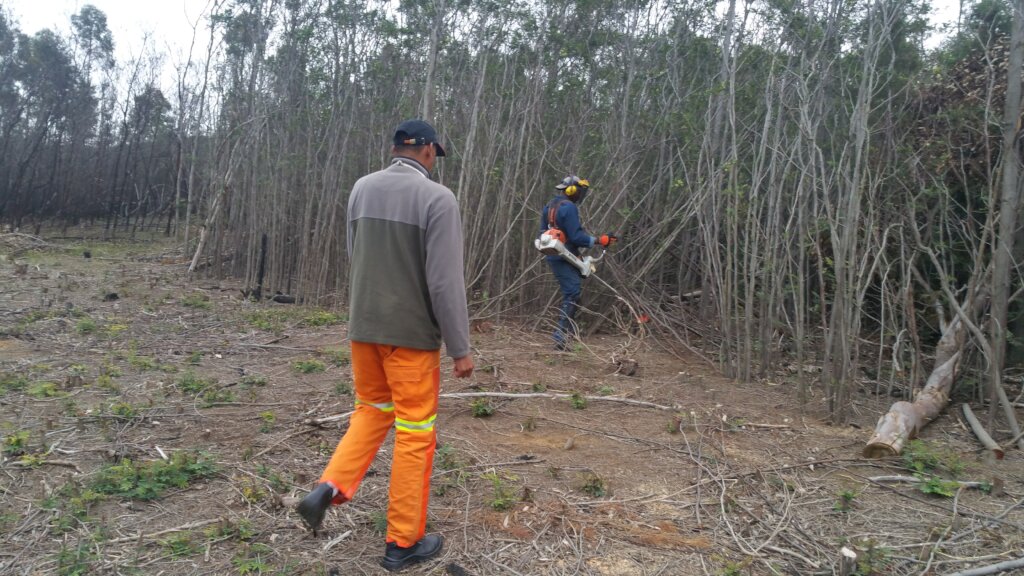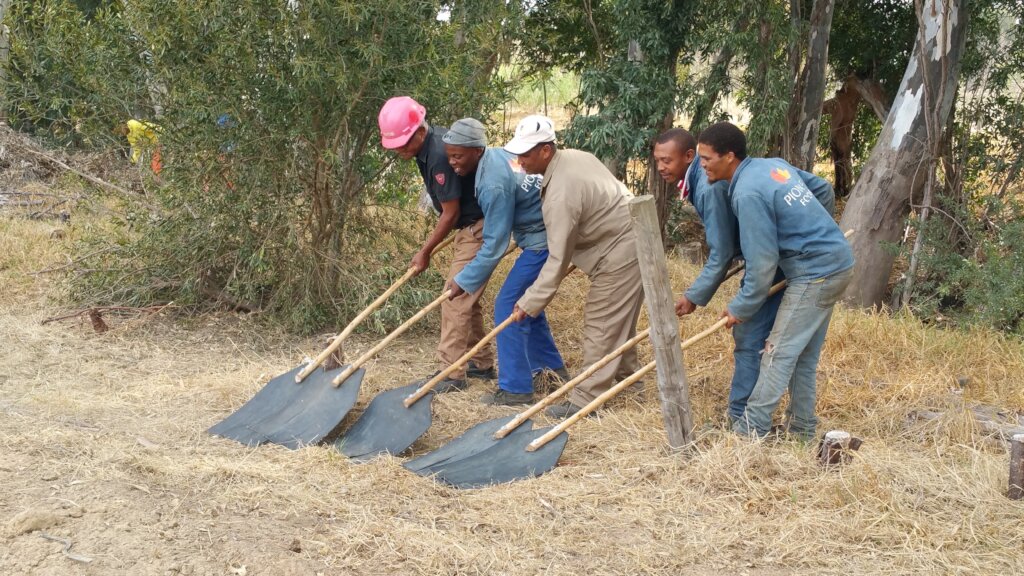




The Paardeberg Sustainability Initiative (later known as PSI) was conceived in 2001, in recognition of threats to the biodiversity and natural resources of the Paardeberg, a privately-owned mountain in the Western Cape, South Africa. A primary threat is economic pressure common to many South African farmers and landowners. Additional and aggravating threats are global climate shifts, poverty, limited statehood, compromised capacity, education and implementation/enforcement of legislation. These challenges must be addressed to fulfill world guidelines (Agenda 21, SDG's, etc) for sustainable development. PSI is now a VAT- registered Non Profit company [NPC] and Public Benefit Organis... read more The Paardeberg Sustainability Initiative (later known as PSI) was conceived in 2001, in recognition of threats to the biodiversity and natural resources of the Paardeberg, a privately-owned mountain in the Western Cape, South Africa. A primary threat is economic pressure common to many South African farmers and landowners. Additional and aggravating threats are global climate shifts, poverty, limited statehood, compromised capacity, education and implementation/enforcement of legislation. These challenges must be addressed to fulfill world guidelines (Agenda 21, SDG's, etc) for sustainable development. PSI is now a VAT- registered Non Profit company [NPC] and Public Benefit Organisation with Section 18A tax exempt status. It is aligned with several partners which share its vision, and in this sense can be described as collaborative facilitator. Through fundraising for various integrated projects, the PSI seeks to promote sustainability in the Paardeberg locally and also in broader Southern African contexts. The PSI encourages profitable businesses and corporates to contribute generously and tax-efficiently to a central fund that is managed by the Board of Directors of the PSI. These funds are either 'ring- fenced' for specific projects, or allocated to projects requiring support, through a process that seeks to fulfill both the agenda of the donor and the mandate of the PSI. The PSI houses both enterprises (SMME's) and projects. Projects depend on the PSI for funding, while the enterprises represent potential sources of funds/assets for the PSI. The PSI acts as an umbrella offering core functions of administration, marketing, HR management, accounting, etc to all projects and SMME's, based on an economy of scale. It is thus an ideal incubator to develop new businesses while minimizing risk. The vision of the PSI is to create a successful model of sustainable development, promoted by profitable enterprises and non-profitable projects, co-operating in partnerships that oversee responsible management of natural resources and biodiversity , within an economic framework that obviates the plague of poverty and social decay while upholding the law and supporting good governance. The PSI has housed several projects, including the Paardeberg Fire Project, Paardeberg Environmental Awareness and Response(ongoing), Paardeberg Alternative Energy Solutions(ongoing), Paardeberg Botanical Surveys, PSI NatReM Project and the Paardeberg Erosion Project. It has also acted as an incubator of SMME's engaged in these and other projects. All finances are conducted through a central bank account, but independently managed and audited for each project/business separately, as per the PSI MOI. The PSI does not prejudice the independence of enterprises or projects falling within its ambit. However, its role in protecting biodiversity and natural resources influences the directives it generates. Participation of all interested and affected parties is key to the application of these directives.


Each of GlobalGiving’s nonprofit partners is required to send quarterly donor reports detailing the impact of their work. Here are some of their recent updates:
By Bridget Johnsen | Project Leader
Due to the unseasonal fire over New Year 2024, much of the Paardeberg Fynbos had not yet deposited its seed for the botanical calendar year. Seeds were not yet mature, with many too immature to... Read the full report ›By Shirley Ward | Administrator of Youth in Conservation
The last pupil excursion in 2024 was in September and in her report, the convenor, Mrs Dee D, reminded us of how much 'behind the scenes' work is done by so many people to make the Ifa Lethu camps... Read the full report ›By Jan Menear | Project Manager
"You have brains in your head. You have feet in your shoes. You can steer yourself any direction you choose." Dr Seuss Grateful thanks to our donors, many of whom... Read the full report ›